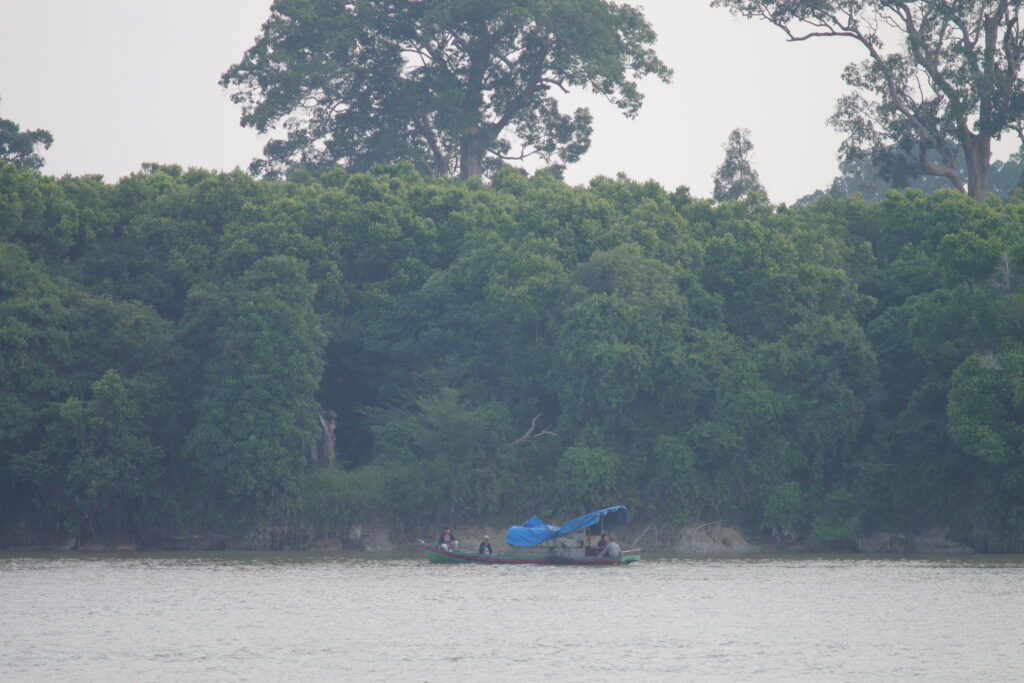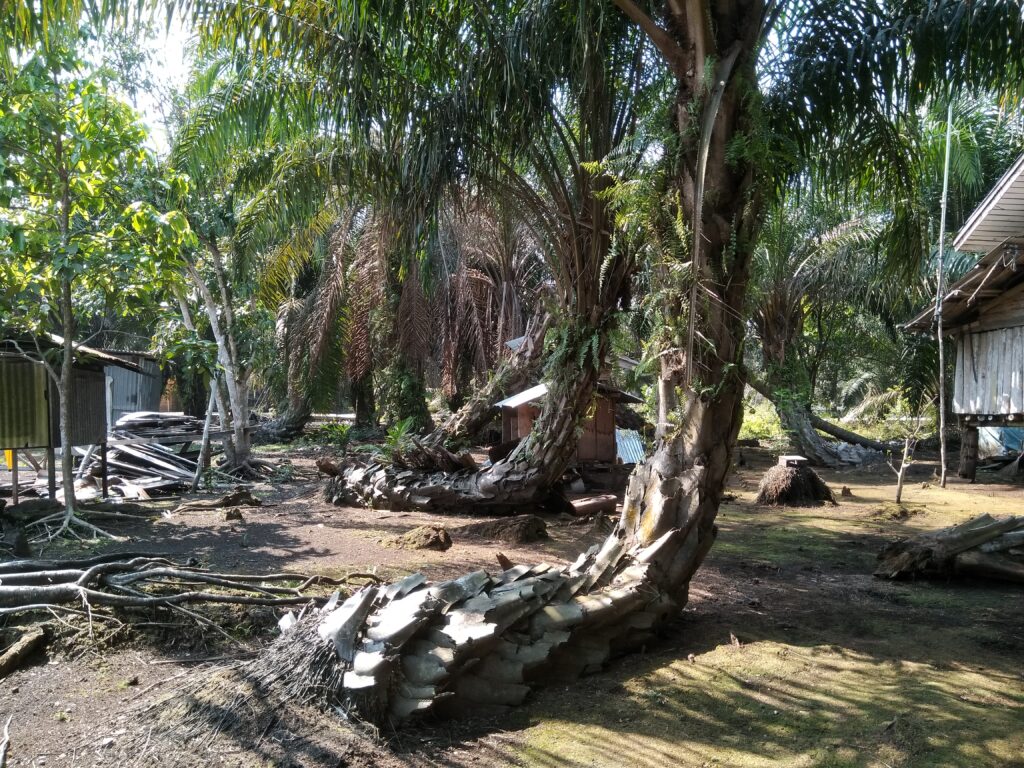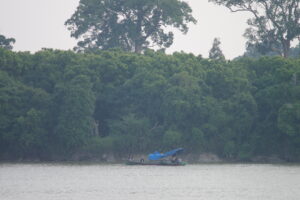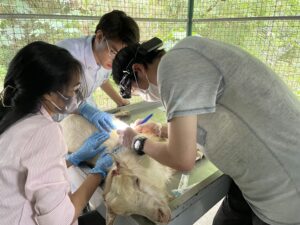Incubation
"Transdisciplinary research on the establishment of a floodplain-forest reserve in a fishing village in Riau, Indonesia"
R4-5 1-6 (R5 AY2023)
| Project Leader | Osawa Takamasa(Kanazawa University, Institute of Liberal Arts and Science) |
| Collaborators | Okamoto Masaaki(Kyoto University, Center for Southeast Asian Studies) Nakagawa Hikaaru(Aqua Restoration Research Center, Public Works Research Institute) Hasegawa Takuya(Toyo University, Asian Cultures Research Institute) Kasori Maho(Kyoto University, Graduate School of Asian and African Area Studies) Wahyu Prasetyawan (Universitas Islam Negeri Syarif Hidayatullah Jakarta) Kurniawati Hastuti Dewi (National Research and Innovation Agency (BRIN)) Nofrizal (Riau University, Faculty of Fisheries and Marine Science) Akhwan Binawan (Hakiki Foundation) Fuke Yusuke(National Institute of Genetics, Department of Genomics and Evolutionary Biology) |
| Research Project | Transdisciplinary research on the establishment of a floodplain-forest reserve in a fishing village in Riau, Indonesia |
| Countries of Study | Indonesia |
Outline of Research
This study aims to establish a floodplain forest reserve in a tropical peat area in Riau, Indonesia, and investigate the subsequent social and environmental changes in a fishing village. The rapid expansion of oil palm gardens in the area has negative impacts not only on the condition of peat soils but also on the growth of small fish in rivers. We will: 1) establish a reserve of submerged forest along the Kampar River in collaboration with local NGOs, villagers, and officials; 2) examine the subsequent changes in environmental awareness and governance in the village; and 3) investigate its effects on fish resources.
Purpose of Research, Its Significance and Expected Results, etc
In Indonesia, the government and academics have sought effective and sustainable ways to restore and protect the degrading peat environment. However, little attention has been paid to the ecological system and local populations of riverbanks, although historically, these areas have been the main living space for local communities in tropical peat environments. Against this background, this project attempts to preserve the natural environment on the banks of the Kampar River, which flows through a peat area in eastern Sumatra, and assess the impact of preservation on riverine ecological systems and local fishing communities. We employ three methods to accomplish this: 1) establish a protected area of submerged forests or floodplains in collaboration with the local community; 2) investigate social changes in environmental awareness and governance among the people living on the riverbanks; and 3) explore the relationships between the conditions of fish resources and floodplains/submerged forests.
Using the first method, we secure spawning beds for fish and supplies of falling leaves, which can be used as food for small fish. The second method provides insights into the improved use of river resources. Through the third method, we can obtain scientific evidence for the significance of preserving submerged forests and floodplains in riverine peatland areas.
The research activities are expected to provide a new perspective on peatland restoration in Indonesia and stimulate natural environmental preservation activities and the sustainable use of natural resources in a participatory manner.




